Edoardo Mosca
Simpler becomes Harder: Do LLMs Exhibit a Coherent Behavior on Simplified Corpora?
Apr 10, 2024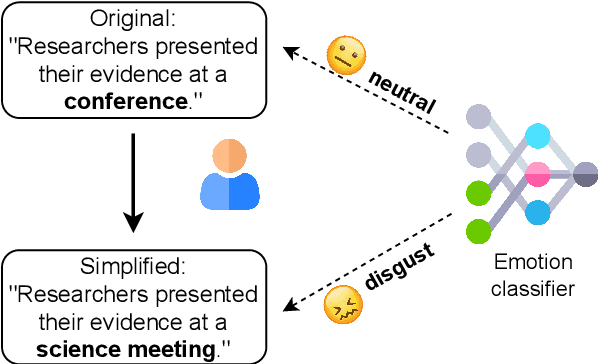
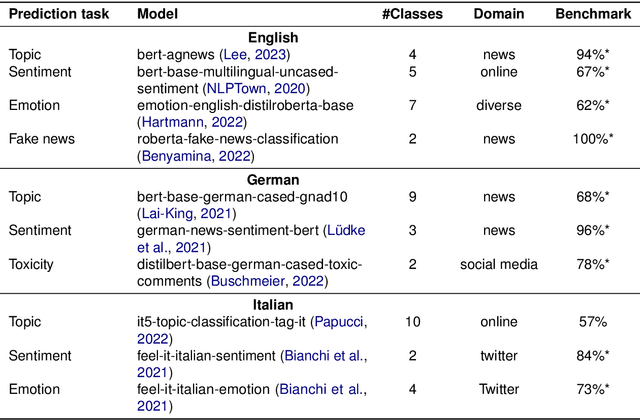
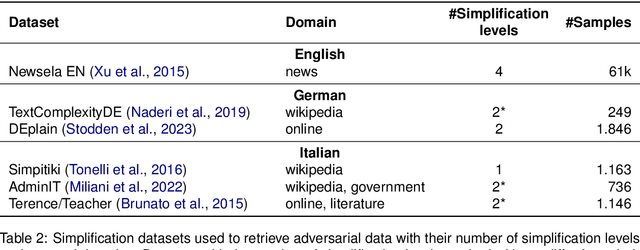

Abstract:Text simplification seeks to improve readability while retaining the original content and meaning. Our study investigates whether pre-trained classifiers also maintain such coherence by comparing their predictions on both original and simplified inputs. We conduct experiments using 11 pre-trained models, including BERT and OpenAI's GPT 3.5, across six datasets spanning three languages. Additionally, we conduct a detailed analysis of the correlation between prediction change rates and simplification types/strengths. Our findings reveal alarming inconsistencies across all languages and models. If not promptly addressed, simplified inputs can be easily exploited to craft zero-iteration model-agnostic adversarial attacks with success rates of up to 50%
IFAN: An Explainability-Focused Interaction Framework for Humans and NLP Models
Mar 06, 2023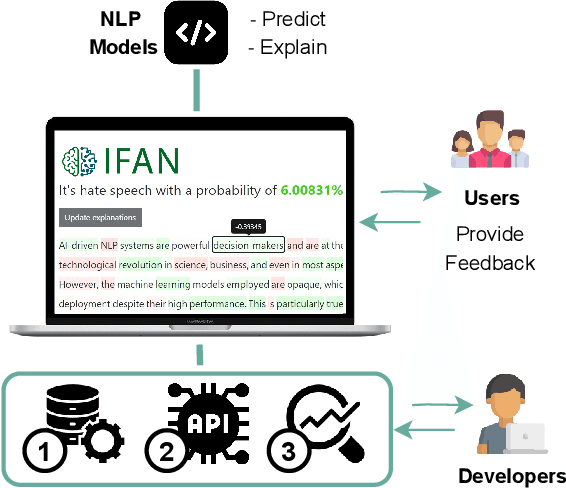
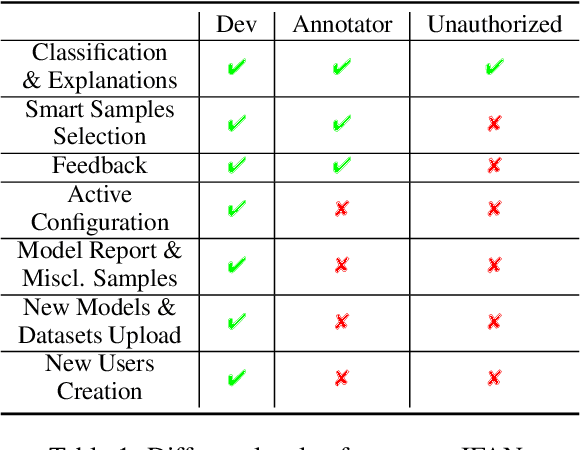
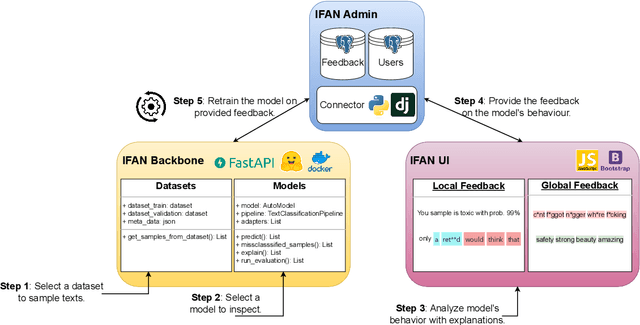
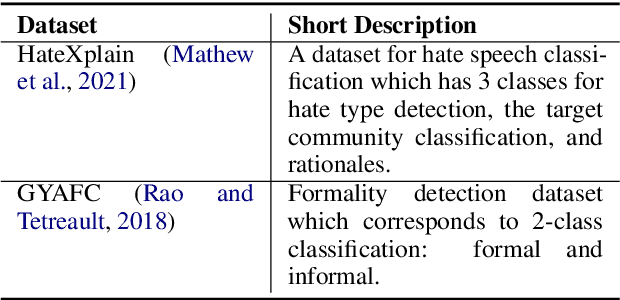
Abstract:Interpretability and human oversight are fundamental pillars of deploying complex NLP models into real-world applications. However, applying explainability and human-in-the-loop methods requires technical proficiency. Despite existing toolkits for model understanding and analysis, options to integrate human feedback are still limited. We propose IFAN, a framework for real-time explanation-based interaction with NLP models. Through IFAN's interface, users can provide feedback to selected model explanations, which is then integrated through adapter layers to align the model with human rationale. We show the system to be effective in debiasing a hate speech classifier with minimal performance loss. IFAN also offers a visual admin system and API to manage models (and datasets) as well as control access rights. A demo is live at https://ifan.ml/
"That Is a Suspicious Reaction!": Interpreting Logits Variation to Detect NLP Adversarial Attacks
Apr 10, 2022
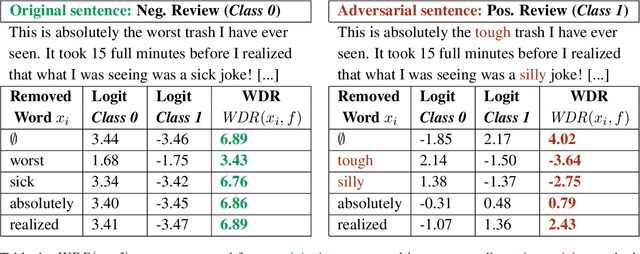
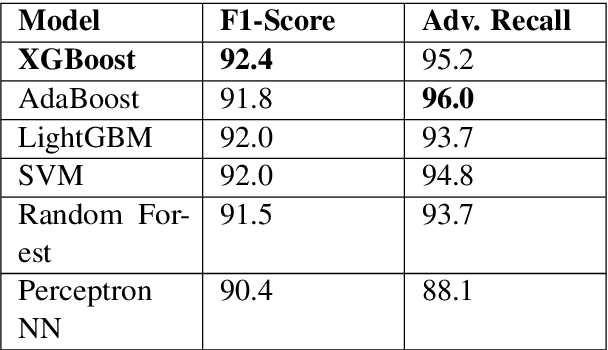
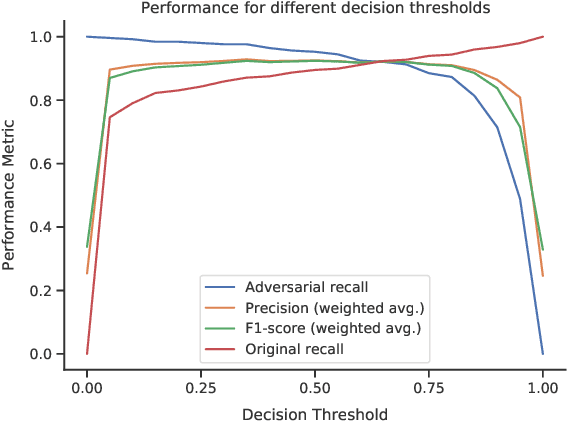
Abstract:Adversarial attacks are a major challenge faced by current machine learning research. These purposely crafted inputs fool even the most advanced models, precluding their deployment in safety-critical applications. Extensive research in computer vision has been carried to develop reliable defense strategies. However, the same issue remains less explored in natural language processing. Our work presents a model-agnostic detector of adversarial text examples. The approach identifies patterns in the logits of the target classifier when perturbing the input text. The proposed detector improves the current state-of-the-art performance in recognizing adversarial inputs and exhibits strong generalization capabilities across different NLP models, datasets, and word-level attacks.
 Add to Chrome
Add to Chrome Add to Firefox
Add to Firefox Add to Edge
Add to Edge